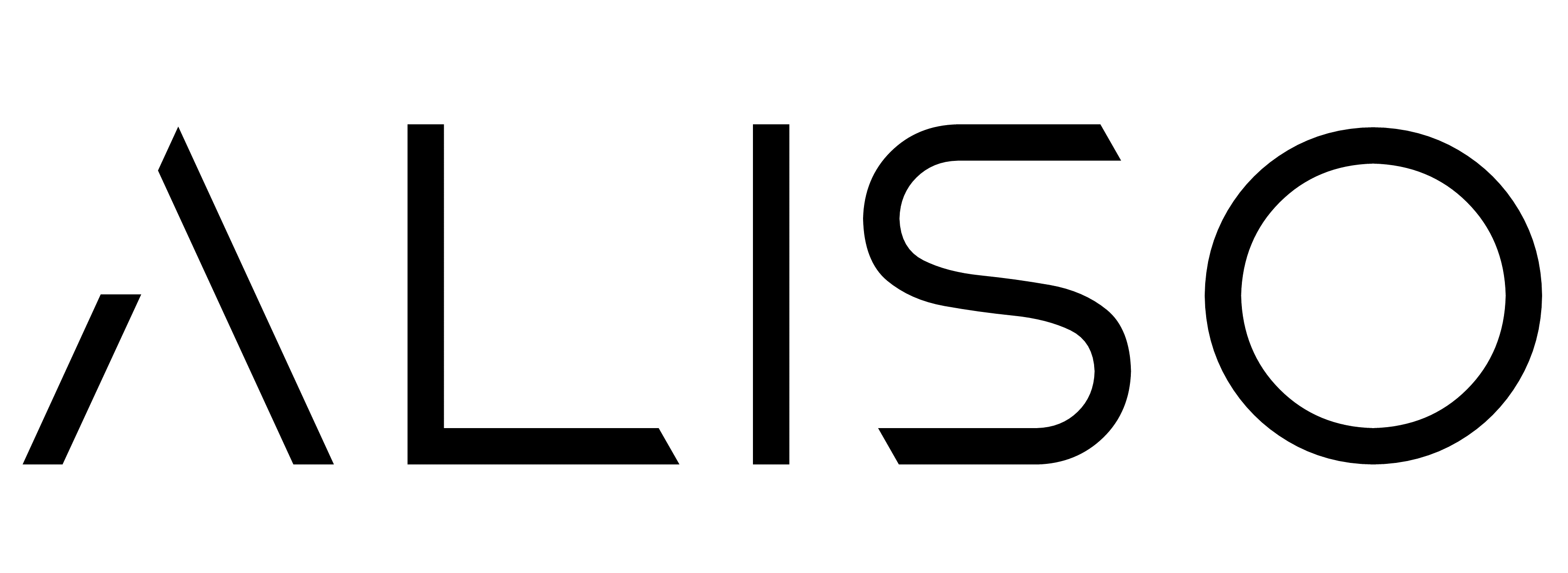Technical writing is one of the fastest-growing careers, but most people have no idea what it actually involves.
Ask someone what a technical writer does, and you will probably get answers like:
❌ “They write manuals no one reads”
❌ “It’s just typing up instructions”
❌ “Do they just proofread documents?”
The reality is very different.
Technical writers bridge the gap between complex information and the people who need to understand it.
Without them, businesses struggle with confusing processes, failed system rollouts, and frustrated employees.
As more companies rely on documentation for training, compliance, and efficiency, technical writer jobs are becoming more valuable than ever.
I’ve Been a Technical Writer Since 2007—And I’ve Watched the Industry Explode
I started working as a technical writer in 2007, and I’ve seen this field grow massively over the years.
Back then, documentation was often an afterthought.
Companies would roll out a new system or process without clear instructions, and then wonder why employees were confused.
Since then, I’ve worked for many businesses across different industries, and the demand for high-quality documentation has only increased.
As companies move towards automation, AI, and digital workflows, they need better, faster, and clearer documentation than ever before.
I’ve seen businesses waste months on a system rollout, only for it to fail because employees didn’t know how to use it.
I’ve also seen businesses cut their training time in half with clear, structured documentation.
The difference?
Good technical writing.
That’s why technical writer jobs are more in demand than ever—because businesses can’t function without them.
Why Are Technical Writer Jobs in High Demand?
Businesses run on clear communication.
When employees don’t know how to use a system, follow a process, or complete a task correctly, things go wrong.
Mistakes cost money.
Confusion slows everything down.
Without technical writers, companies waste time, lose productivity, and create unnecessary stress for employees.
Here’s why technical writer jobs are growing faster than ever.
1. More Businesses Are Digitising Their Workflows
Every company is moving towards digital tools, automated systems, and online training.
But new systems only work if people know how to use them.
Technical writers create:
✅ Step-by-step work instructions
✅ Process maps for new workflows
✅ User-friendly training materials
Without this, employees struggle, make mistakes, and look for workarounds.
That’s why technical writers are so important in modern businesses.
2. System Rollouts Fail Without Clear Documentation
I’ve worked on many system rollouts across different companies.
The biggest reason they fail?
People don’t have clear, easy-to-follow instructions.
If employees don’t understand how to use a system from day one, they:
❌ Avoid it
❌ Create their own way of doing things
❌ Waste time asking for help
A good technical writer prevents all of this by making documentation clear, simple, and accessible.
3. AI and Automation Still Need Human Writers
AI is changing a lot of industries, but it can’t replace technical writers.
AI can generate basic content, but it doesn’t:
❌ Understand human learning behaviour
❌ Know how employees actually work
❌ Make complex information simple and engaging
That’s why businesses still need experienced technical writers to create high-quality, user-friendly documentation.
AI is a tool—not a replacement for human expertise.
4. Businesses Lose Money Without Good Documentation
Bad documentation costs businesses more than they realise.
When instructions are unclear, outdated, or buried in long PDFs, employees:
❌ Make mistakes that slow everything down
❌ Ask colleagues instead of using documentation
❌ Spend hours searching for information
I’ve seen companies cut training time in half just by improving their documentation.
That’s why technical writer jobs are so valuable—because they save businesses time, money, and frustration.
What Makes a Great Technical Writer?
Technical writing isn’t just about writing.
It’s about understanding people and how they process information.
The best technical writers:
✅ Write clear, simple instructions
✅ Use visuals like screenshots and process maps
✅ Make content easy to scan and search
✅ Work closely with teams to capture real workflows
Good documentation isn’t about writing more.
It’s about writing better.
The Future of Technical Writing
With businesses moving towards AI, automation, and digital workflows, the need for clear, structured documentation is bigger than ever.
I’ve been in this field since 2007, and I’ve seen how technical writer jobs have grown from an afterthought to a business necessity.
Companies can’t function without clear instructions—and they’re realising that now more than ever.
The question isn’t whether businesses need technical writers.
It’s how long they can afford to go without them.






